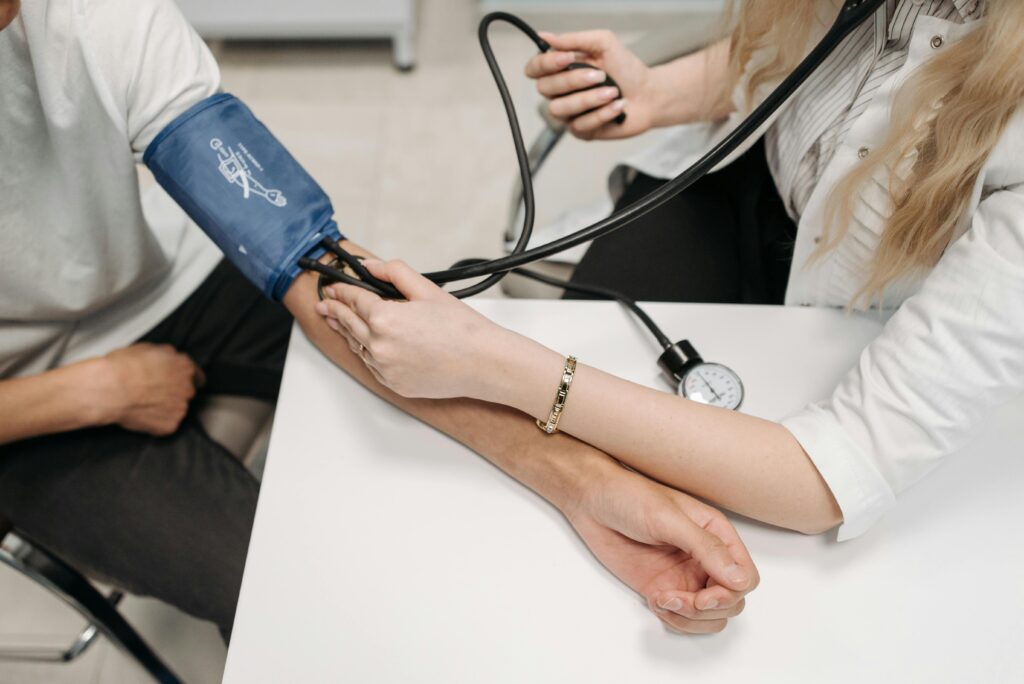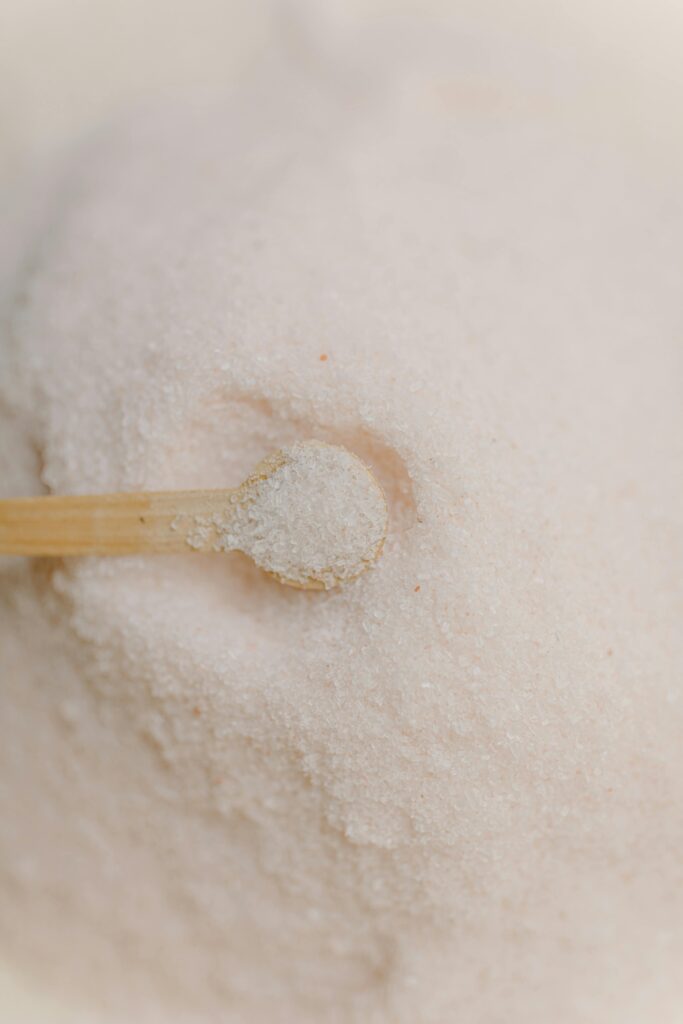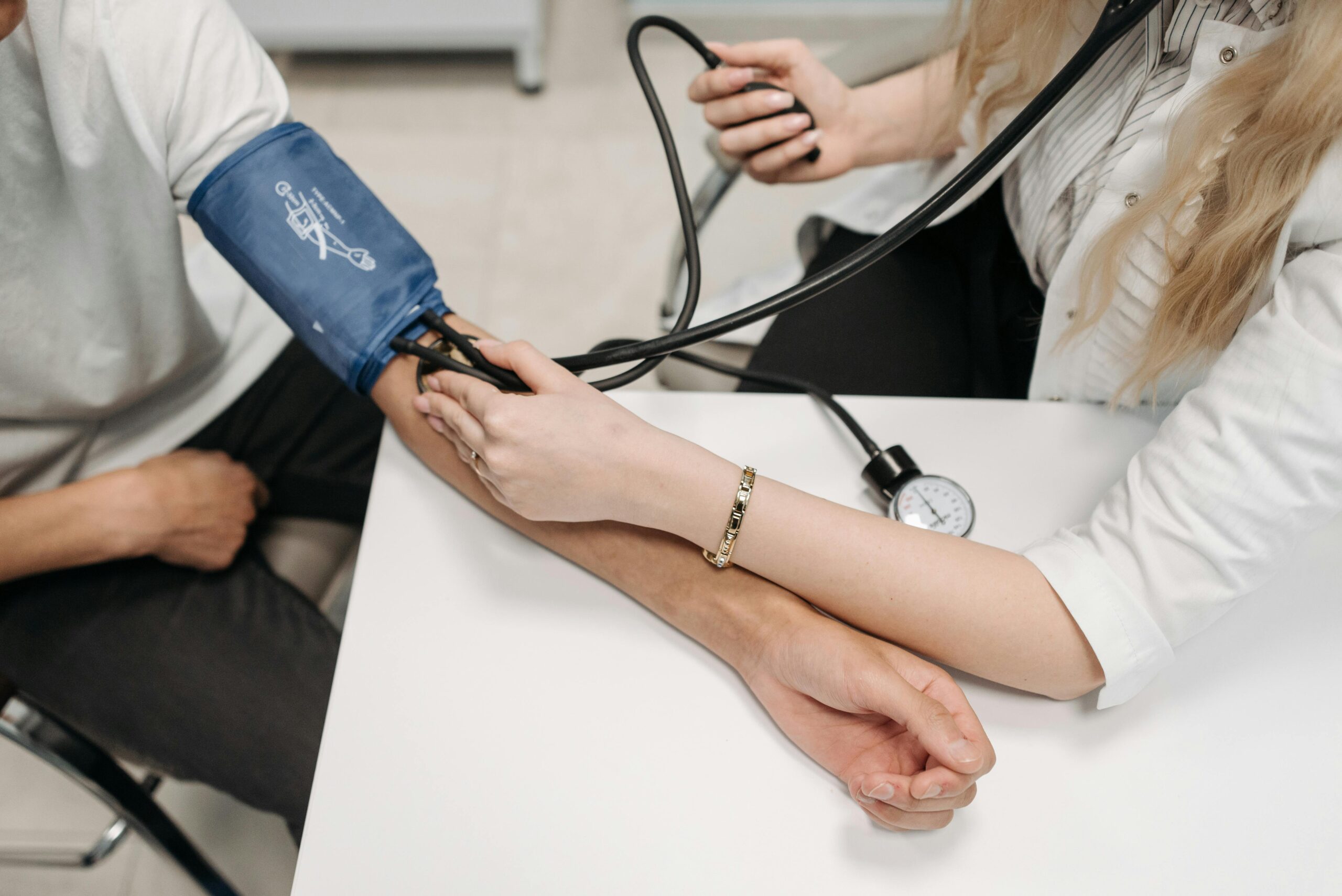Introduction: What is High Blood Pressure?
High blood pressure, also known as hypertension, is a common condition where the force of blood against the walls of your arteries is consistently too high. It can go unnoticed for years but can lead to serious health problems if left untreated. High blood pressure increases the risk of heart disease, stroke, and kidney failure, making it essential to manage it early.

Table of Contents
What Causes High Blood Pressure?
Several factors can contribute to high blood pressure, including:
- Unhealthy Diet: Consuming too much sodium (salt), processed foods, and insufficient fruits and vegetables.
- Lack of Physical Activity: A sedentary lifestyle makes it harder for the heart to pump blood efficiently.
- Excessive Alcohol Consumption: Drinking too much alcohol regularly can raise blood pressure.
- Obesity: Extra body weight puts more strain on your heart, leading to increased blood pressure.
- Stress: Long-term stress can contribute to elevated blood pressure levels.
- Genetics: A family history of high blood pressure can increase your risk.

Why High Blood Pressure is Dangerous
High blood pressure forces your heart to work harder, which can weaken the heart over time. It also damages the arteries, making them less flexible and more likely to develop plaque—a condition called atherosclerosis. Left unmanaged, this can lead to heart attacks, strokes, and kidney damage.
Symptoms of High Blood Pressure
High blood pressure is often called the “silent killer” because many people don’t experience symptoms. However, in some cases, people may experience:
- Headaches
- Dizziness
- Shortness of breath
- Chest pain
- Nosebleeds (in severe cases)
Regular monitoring is important since symptoms may only appear when blood pressure reaches dangerously high levels.

How to Measure Your Blood Pressure
Blood pressure is measured in millimeters of mercury (mmHg) and recorded as two numbers:
- Systolic Pressure (top number): Measures the pressure in your arteries when your heart beats.
- Diastolic Pressure (bottom number): Measures the pressure when your heart rests between beats.
A normal reading is around 120/80 mmHg, while high blood pressure is typically diagnosed when readings consistently show 140/90 mmHg or higher.
Natural Ways to Manage High Blood Pressure
Managing high blood pressure often requires lifestyle changes. Here are some natural ways to lower your blood pressure and maintain healthy levels:
- Eat a Heart-Healthy Diet
A diet rich in fruits, vegetables, whole grains, and low-fat dairy products can lower blood pressure. This is known as the DASH diet (Dietary Approaches to Stop Hypertension). It’s also important to reduce your intake of sodium, as excess salt raises blood pressure. - Exercise Regularly
Regular physical activity, such as brisk walking, swimming, or cycling, strengthens your heart and improves its ability to pump blood. Aim for 30 minutes of moderate exercise most days of the week. - Reduce Sodium Intake
Limiting salt in your diet can have a significant impact on blood pressure. Try to stay under 2,300 mg of sodium per day, or 1,500 mg if you have high blood pressure. - Manage Stress
Chronic stress can contribute to high blood pressure, so it’s important to find ways to manage it. Relaxation techniques such as deep breathing, yoga, or meditation can help. - Maintain a Healthy Weight
Losing even a small amount of weight can help reduce high blood pressure. Keep an eye on your body mass index (BMI) and aim to maintain a healthy weight through balanced eating and regular exercise. - Limit Alcohol and Caffeine
Both alcohol and caffeine can raise blood pressure. Limit alcohol to moderate levels (up to one drink per day for women and two for men), and monitor your caffeine intake, especially if you’re sensitive to it. - Quit Smoking
Smoking increases your blood pressure and damages your blood vessels. Quitting smoking is one of the most important steps you can take to improve your heart health.

When to See a Doctor
If lifestyle changes alone aren’t enough to control your blood pressure, it’s important to consult with a healthcare provider. In some cases, medication may be necessary to help lower blood pressure to safe levels.
Conclusion
High blood pressure is a serious condition, but with the right lifestyle changes, it can be managed naturally. Monitoring your blood pressure regularly and adopting healthy habits can reduce your risk of serious complications like heart disease and stroke.
If you need personalized advice on managing high blood pressure, reach out to the healthcare professionals at Health Authentica.










